Edgar Allan Poe: A gig economy horror story
A goth GOAT
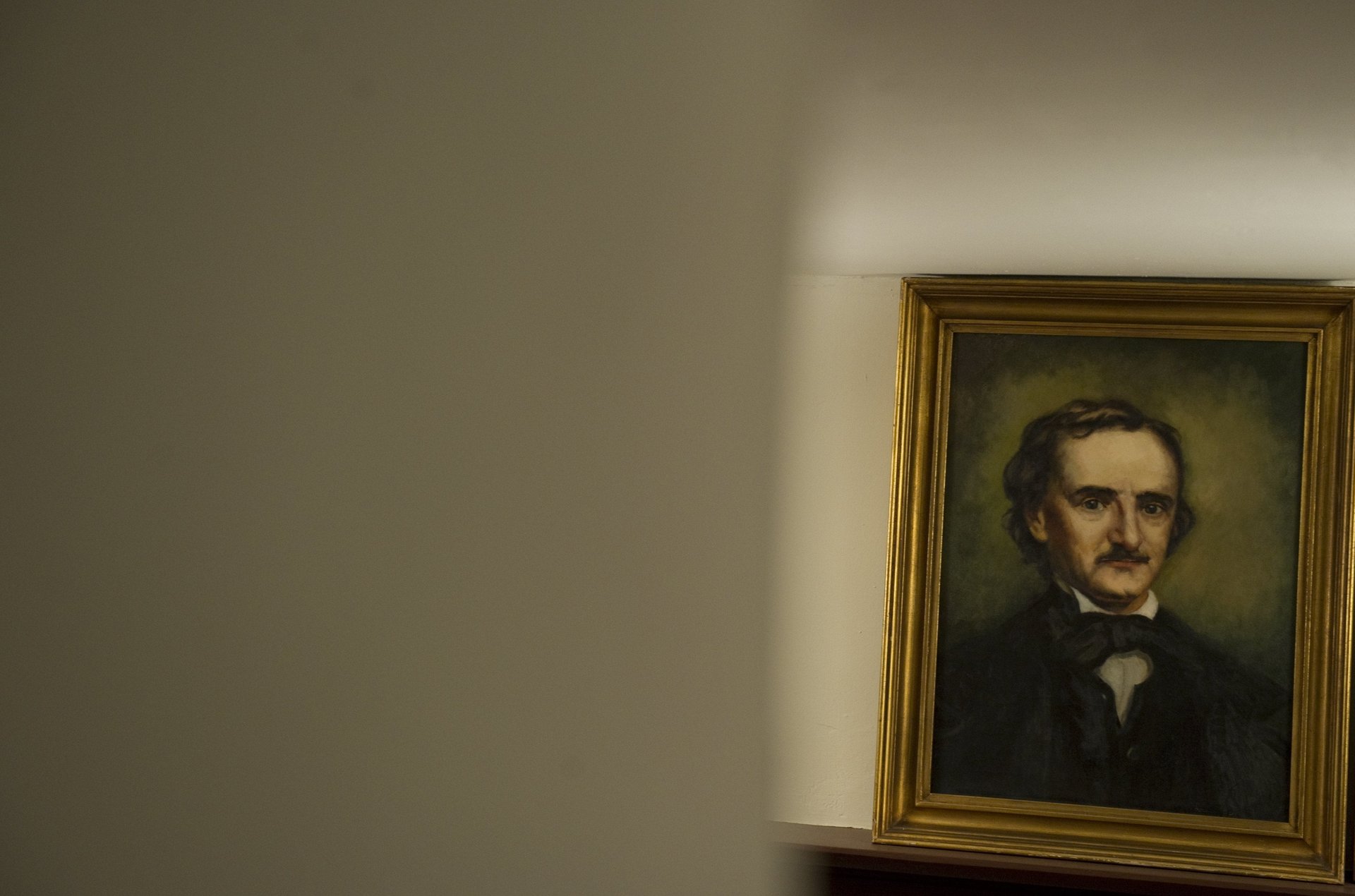
Goth GOAT
Suggested Reading
Is Edgar Allan Poe the most famous and influential American writer of all time? If not, he’s close. Millions of people grow up reading at least a few of his short stories in school and, of course, a particular bird ballad. His poetry has inspired everyone from Britney Spears to the NFL. John Cusack played Poe in a 2012 movie, while in 2019, Jordan Peele loosely adapted Poe’s short story “William Wilson” into the blockbuster horror flick Us.
Related Content
In his wildest imaginings, the continually broke author probably never thought he’d inspire themed bars, beers, festivals, action figures, office décor, cosplayers, tattoos, and coffee mugs (“Poe me a cup,” etc.), not to mention about a million memes. His official Facebook page counts over 3.5 million fans—outstripping the biggest living authors, including James Patterson, Danielle Steel, and Colleen Hoover.
Poe’s own life was darker and scarier than his fiction, but his story almost looks like a hopeful one, when viewed from a safe distance in history, anyway. Goths need heroes, too, but Poe isn’t just big with the Hot Topic crowd. Even the French regard the dour author as a kind of artistic saint.
Let’s take a peek behind the masque.
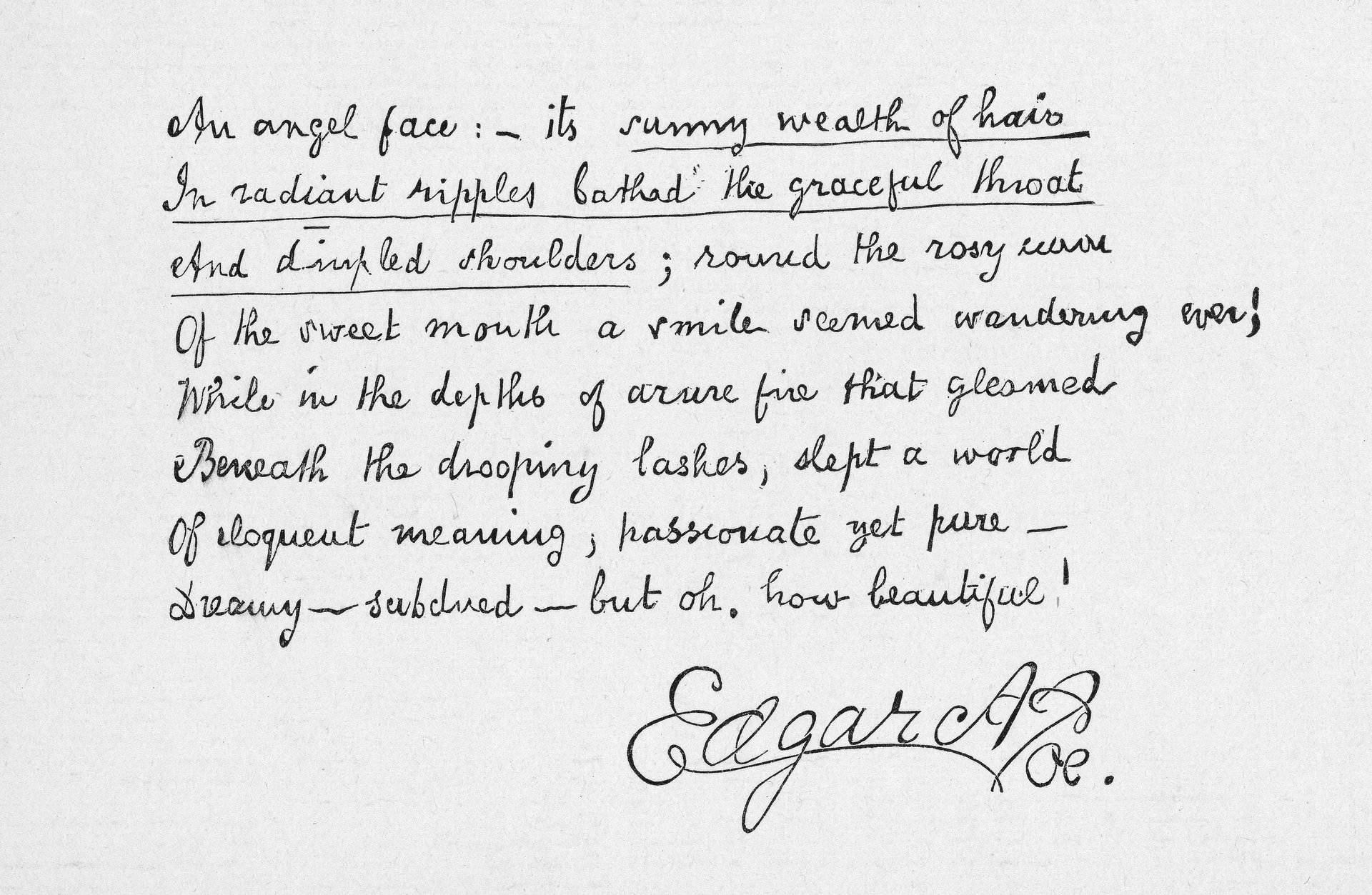
Desolate yet all undaunted
Once upon a midnight dreary, in 1809, Edgar Poe was born in Boston, Massachusetts. His traveling-actor parents were so poor they had to stage a benefit show to pay the doctor’s bill for his delivery, and conditions did not improve from there. Within three years, Poe’s father abandoned the family and his mother died of tuberculosis.
Little Edgar’s luck seemed to be looking up when he was informally adopted by the wealthy Allan family, who took him traveling abroad and sent him to an English boarding school. One family friend described the boy as “dressed like a young prince.”
But, after a falling out with his foster father, the teenage Poe was cut off, and the 2008-style financial crisis that hit during his 20s didn’t make earning a living as a writer any easier.
In 1836, Poe married his beloved (and very young) cousin Virginia. Their blissed-out honeymoon soon gave way to literal starvation. During the Panic of 1837—the worst economic crisis in American history until the Great Depression a century later—Poe and his wife sometimes had nothing to eat for weeks on end but bread and molasses.
Then, if you can believe it, things got worse. Virginia grew ill with the same disease that had killed Poe’s biological mother. Stretched beyond his limits, Poe hit the bottle, describing himself during this period as “insane, with long intervals of horrible sanity.” Life itself was a disease, he argued in one particularly depressed poem, a “fever called ‘Living.’”
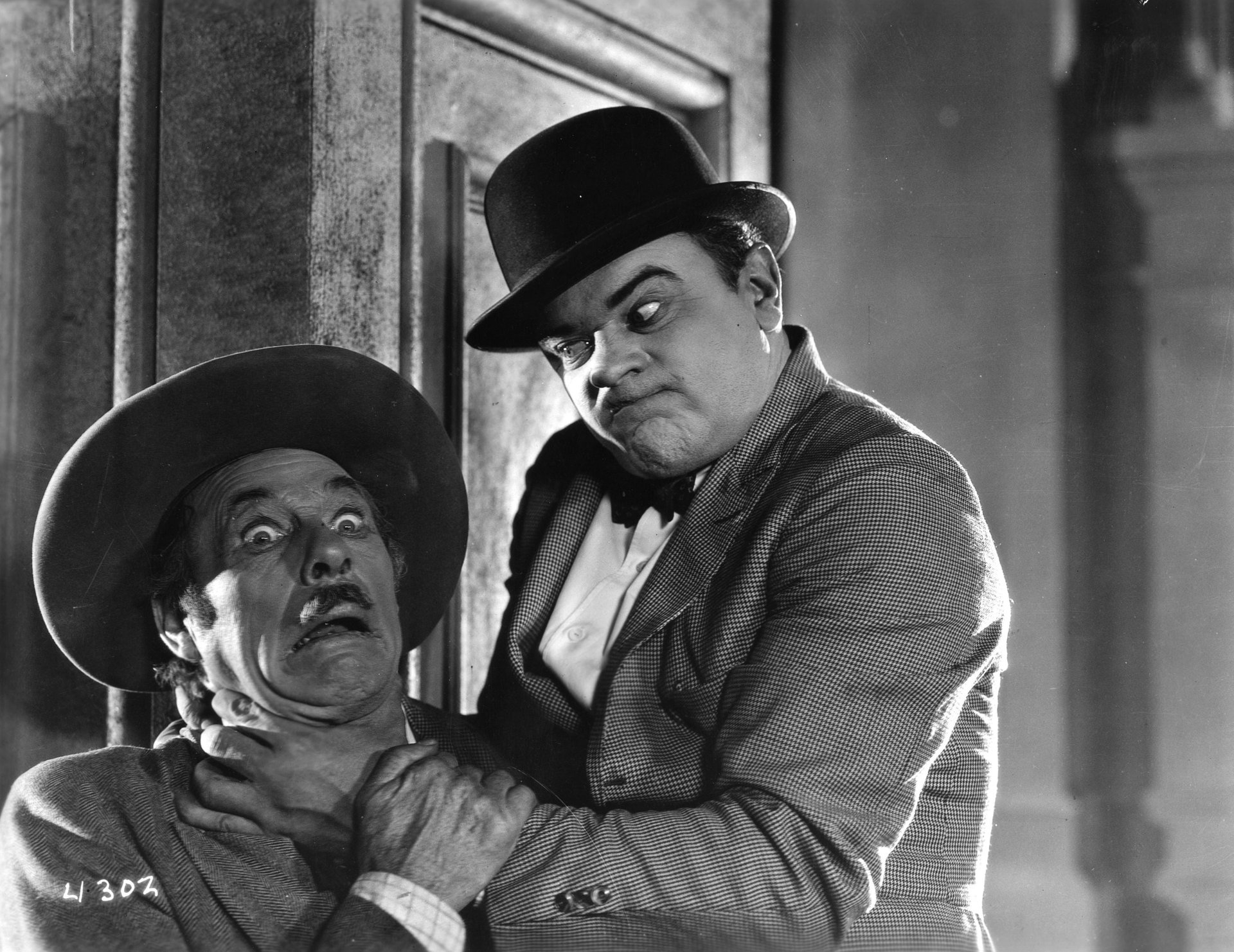
Pop quiz
Which Poe named “instruments” and “bare hands” as possible murder weapons used by Jezebel to kill Johnny?
A. Edgar Allan Poe
Answer at bottom!
By the dark digits
1: Number of American writers whose most famous work inspired the name of a National Football League team
4: Total Poe museums on the US east coast
$9: Wage Poe may have earned for The Raven when it was first published in 1845
$351: Approximate amount Poe earned for The Raven in today’s dollars
448: Number of Edgar Allan Poe writing credits on IMDb, though he died decades before movies were invented
$238,988: Poe’s total lifetime earnings, adjusted for inflation
3,671,672: Fans belonging to Poe’s official Facebook page, as of this writing, which is greater than the Facebook followings of living bestseller-list mainstays James Patterson, Danielle Steele and Colleen Hoover
5,040,000: Search results when you Google “Poe tattoo,” suggesting that Poe has inspired more ink than any other writer in history
Take me down this 🪦 hole
The gothic gig economy
In a career that spanned two decades, Poe held a few low-wage and short-lived editor jobs. However, most of his now-famous short stories and poems were published on a freelance basis.
Just like today, freelance paychecks often hinged on a writer’s popularity, so Poe was stuck begging the public to do the 19th century equivalent of “like, comment, subscribe.” Only he kept hearing his content was too niche, too highbrow. It’s a story arc that may make millennials and creators of all ages cringe with recognition.
Poe’s most popular poem, The Raven, earned him just $9, or about $351 today. And those creepy classics now beloved around the world? Poe churned them out not because he loved the genre, but just to make rent. “The Cask of Amontillado” brought him $15, or $585. For “The Tell-Tale Heart,” he got $10, or $390 in 2022 dollars.
The most income Poe ever saw in a single year was around $32,000, adjusted for inflation—which would’ve been a tight budget for a family of Poe’s size. And just like today’s gig-economy workers, Poe never received PTO, health insurance, or parental leave, which could explain why he and Virginia never had kids.
We bet Poe would’ve liked to know how much other famous authors of his era were being paid...
But then again, pay transparency can be a double-edged sword. Some might be happier knowing what their colleagues or boss makes, but others might rather stay in the dark—not unlike the fate of poor Fortunato in “The Cask of Amontillado.”
🎧 Listen to this week’s episode of our podcast, Work Reconsidered, on the topic of pay transparency: Apple Podcasts | Spotify | Google | Stitcher
Quothable
“Self-care means admitting the deed and tearing up the planks to silence the beating of his hideous heart”
—SparkNotes summarizing Poe’s “The Tell-Tale Heart,” in a tweet
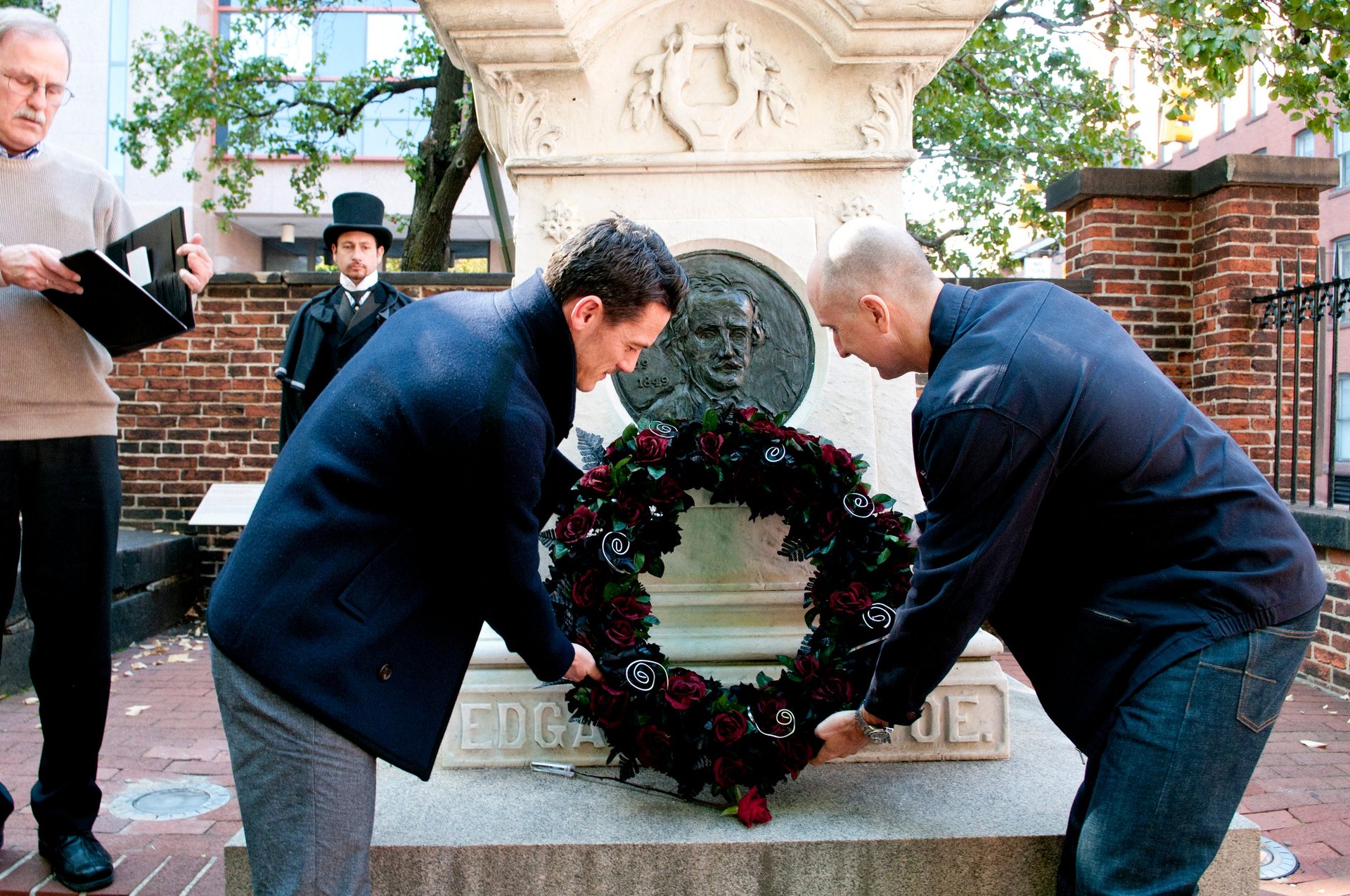
The Night’s Plutonian shore
As a literary critic, Poe’s epically nasty reviews in newspapers and magazines were a telltale sign of the depths of his bitterness. In a characteristic review, he attacked one popular novel as “unworthy of a schoolboy,” “full to the brim of absurdities,” and “gross errors in Grammar.”
This led to more than a few fist fights and feuds, and a plethora of enemies. On his death, the knives came out. Fellow critic Rufus W. Griswold—Poe’s biggest frenemy—rushed out a vicious obituary for the ages, hissing that Poe was a friendless, depraved drunk whom no one would mourn.
Griswold’s backstabbing backfired. Allured by the scandal, readers began seeking out Poe’s work as never before, and that friendless, depraved drunk was on his way to becoming an icon.
The strange circumstances of Poe’s death have only added to his aura of infamy. It was 173 years ago this month—circa Halloween—that he was discovered semi-conscious, wearing someone else’s clothes, in a ditch outside a Baltimore tavern. He died in the hospital a few days later, never regaining consciousness long enough to explain what had happened.
Fans have advanced a startling array of theories, from rabies to murder, but the real cause of his death remains his final, unsolvable mystery.
Watch this!
In real life, Poe never got the chance to pan Stephen King’s work—though you know he’d have loved to. Now this epic rap battle gives him the chance at last.
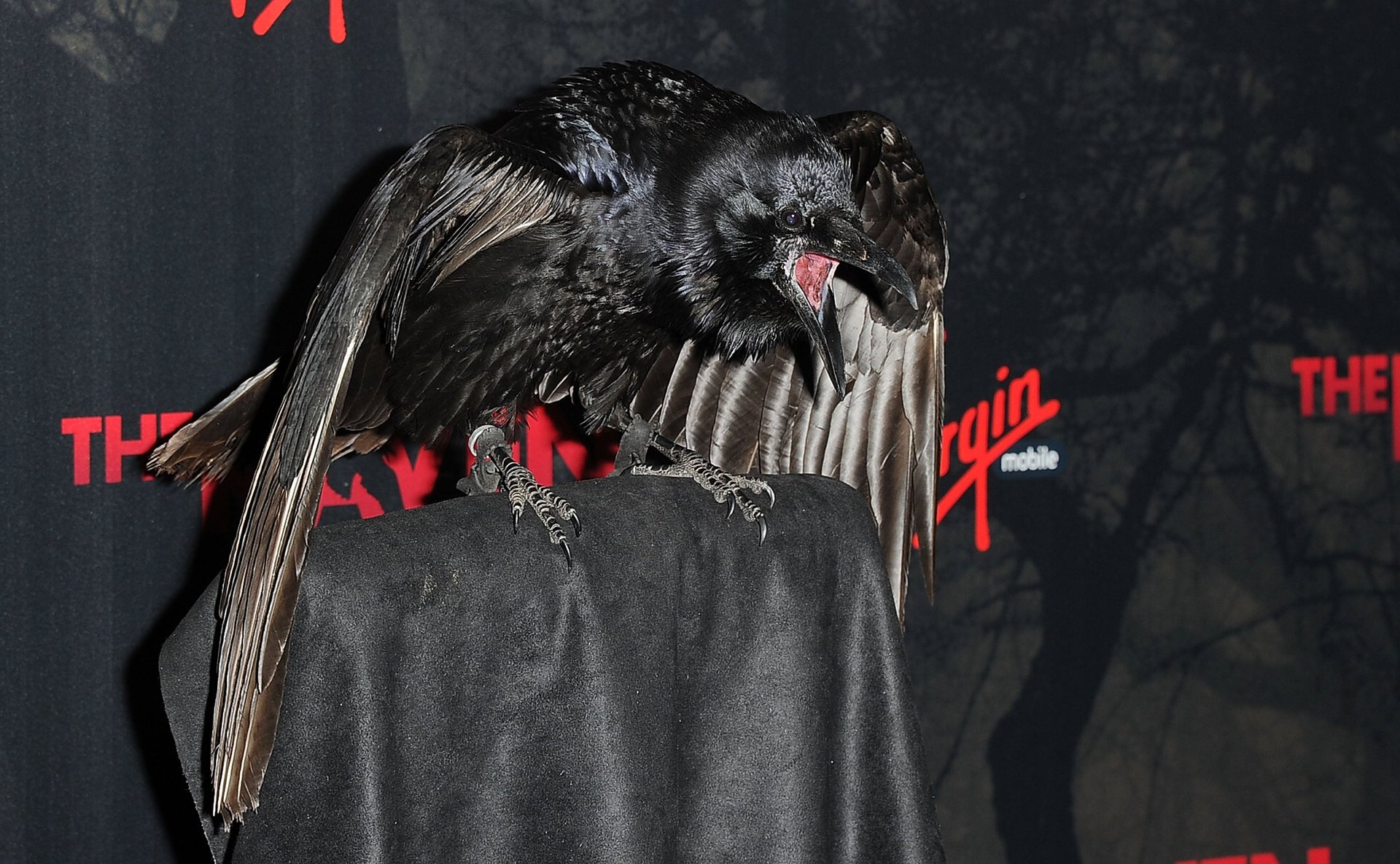
Is there—is there balm in Gilead?
Poe is now recognized as the inventor of the closed-door mystery and the detective story. Popular series from Sherlock Holmes to CSI: Miami all descend from his short story “The Murders in the Rue Morgue.”
Many also credit him with pioneering the true crime genre, due to his fictionalization of the real-life murder of Mary Rogers, a Manhattan “cigar girl” whose body was found floating in the Hudson River in 1841—though, in his original story, Poe identified the wrong culprit.
History has forgiven his false accusation, however. Poe’s work has since been translated into every major language, and adapted for film and TV more than 400 times. Suspense film superstar Alfred Hitchcock found great inspiration in Poe. Author Vladimir Nabokov was spoofing Poe’s poem “Annabel Lee” when he wrote Lolita (pdf). And even horror monarch Stephen King, along with every other horror writer, owes Poe a debt.
Poe is now so widely beloved that he’s earned cameos on South Park and The Simpsons. James Earl Jones’s reading of The Raven has grown to be a Halloween mainstay, and the internet absolutely teems with fan art. Even actress Evan Rachel Wood has a Poe tattoo, while for about 50 years and counting, Sylvester Stallone has been threatening to write (and possibly star) in a Poe biopic.
He may have been dead for nearly 200 years, and still the hits keep coming. Eat your heart out, Hemingway!
Poe-ll
Do you picture Homer Simpson grieving over Marge when you hear a line from The Raven?
💬 Let’s talk
In last week’s email about charcuterie, we neglected to include a link to the poll. We’d still love your thoughts about what you’d slap on your charcuterie board.
Today’s email was written by Catherine Baab-Muguira, author of Poe for Your Problems: Uncommon Advice from History’s Least Likely Self-Help Guru, (would totally play Poe in Stallone’s pet project) and edited by Susan Howson (would play Catherine Baab-Muguira playing Poe in Stallone’s pet project).
The answer to the quiz is C. Poe, 1990s singer-songwriter in the song “Angry Johnny.” Edgar Allan Poe doesn’t have a story about Jezebel that we know of, Poe Dameron just says stuff like “Woohoo!” and “We’ve got company!”, and 17247 Poe doesn’t say much at all.